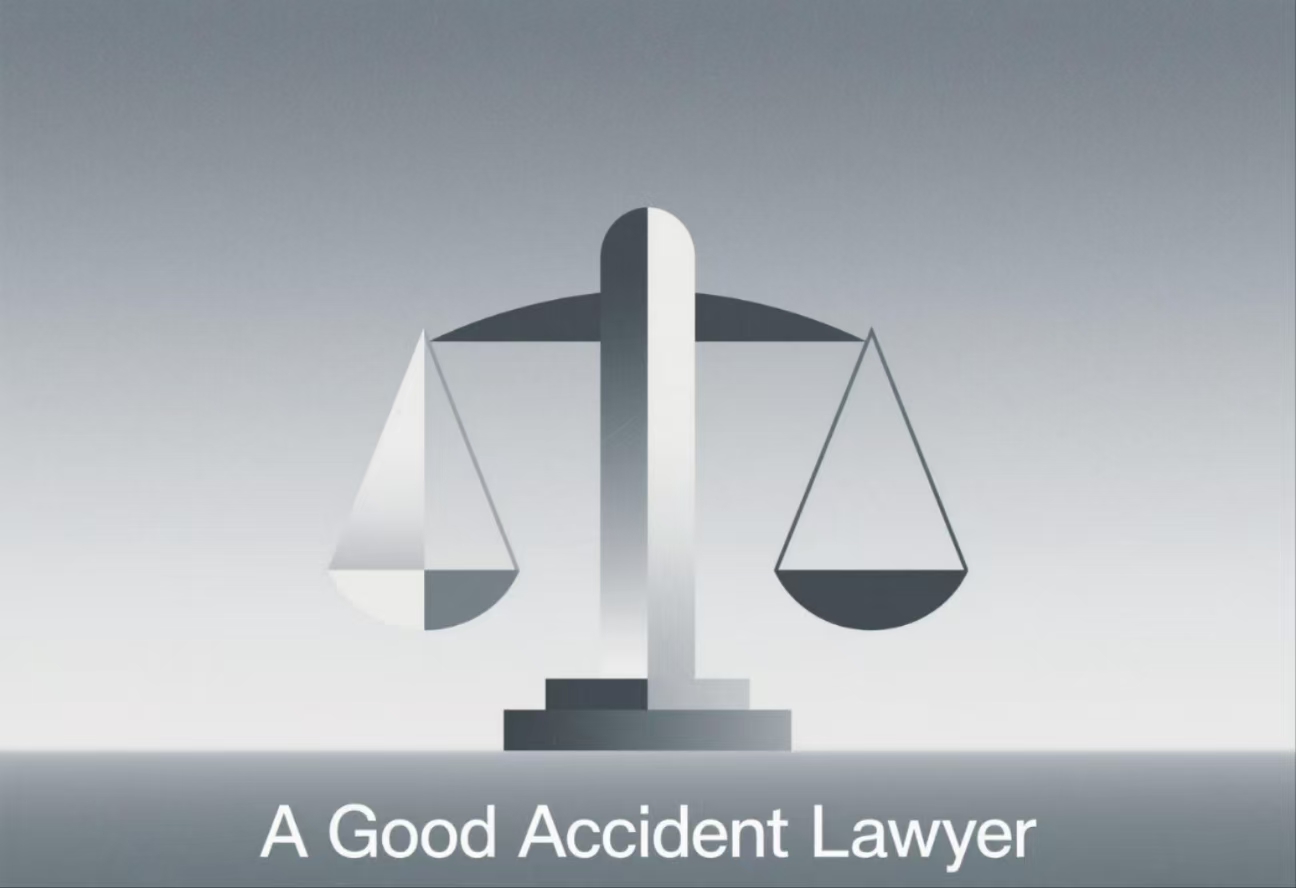When medical care goes wrong, the consequences can be devastating. Whether it’s a misdiagnosis, surgical error, or medication mistake, victims of medical accidents often face physical, emotional, and financial hardships. In such cases, a medical accident lawyer can be an invaluable ally in navigating the legal system and securing the compensation you deserve.This article explores the role of a medical accident lawyer, the types of cases they handle, and how they can assist you in seeking justice. We’ll also discuss the steps involved in filing a claim and what to look for when choosing the right attorney for your case.
- Understanding Medical Accidents
Medical accidents, also known as medical malpractice, occur when a healthcare professional fails to provide the standard of care expected in their field, resulting in harm to the patient. Common examples include:- Surgical errors (e.g., operating on the wrong body part)
- Misdiagnosis or delayed diagnosis
- Medication errors (wrong prescription or dosage)
- Birth injuries
- Anesthesia mistakes
- The Role of a Medical Accident Lawyer
A skilled medical accident lawyer specializes in handling cases where patients have suffered harm due to medical negligence. Their responsibilities include:- Investigating the circumstances of your case
- Consulting with medical experts
- Gathering evidence to support your claim
- Calculating the full extent of your damages
- Negotiating with insurance companies
- Representing you in court if necessary
- Why You Need Specialized Legal Representation
Medical malpractice cases are notoriously complex. They require:- Understanding of both medical and legal concepts
- Access to qualified medical experts
- Knowledge of state-specific medical malpractice laws
- Resources to build a strong case
A general personal injury attorney may not have the specific expertise needed to successfully handle these cases.
- The Process of Filing a Medical Malpractice Claim
If you believe you’ve been a victim of medical negligence, here’s what to expect:- Initial Consultation: Most medical accident lawyers offer free case evaluations.
- Investigation: Your attorney will review medical records and consult experts.
- Filing the Claim: Your lawyer will prepare and file the necessary legal documents.
- Discovery Phase: Both sides exchange information and take depositions.
- Settlement Negotiations: Many cases are resolved before trial.
- Trial: If no settlement is reached, your case may go to court.
- Compensation You May Be Entitled To
Successful medical malpractice claims can recover damages for:- Medical expenses (past and future)
- Lost wages and reduced earning capacity
- Pain and suffering
- Emotional distress
- Punitive damages in cases of gross negligence
- Choosing the Right Medical Accident Lawyer
When selecting an attorney, consider:- Experience specifically in medical malpractice cases
- Track record of successful verdicts and settlements
- Resources to handle your case properly
- Communication style and availability
- Fee structure (most work on contingency)
- Time Limits for Filing a Claim
Every state has a statute of limitations for medical malpractice cases, typically:- 1-3 years from the date of injury
- Or from when the injury was discovered (in some cases)

It’s crucial to consult a lawyer as soon as possible to avoid missing deadlines. - Common Challenges in Medical Malpractice Cases
These cases often face obstacles such as:- Proving the standard of care was breached
- Establishing causation between negligence and harm
- Overcoming bias in favor of medical professionals
- Dealing with powerful hospital legal teams
If you or a loved one has suffered due to medical negligence, don’t hesitate to contact a qualified medical accident lawyer. They can evaluate your case, explain your options, and help you pursue the compensation you need to recover and move forward with your life.Remember, medical malpractice cases are time-sensitive, and the sooner you seek legal advice, the better your chances of a successful outcome. A skilled attorney can make all the difference in holding negligent healthcare providers accountable and ensuring you receive fair compensation for your injuries and losses.

